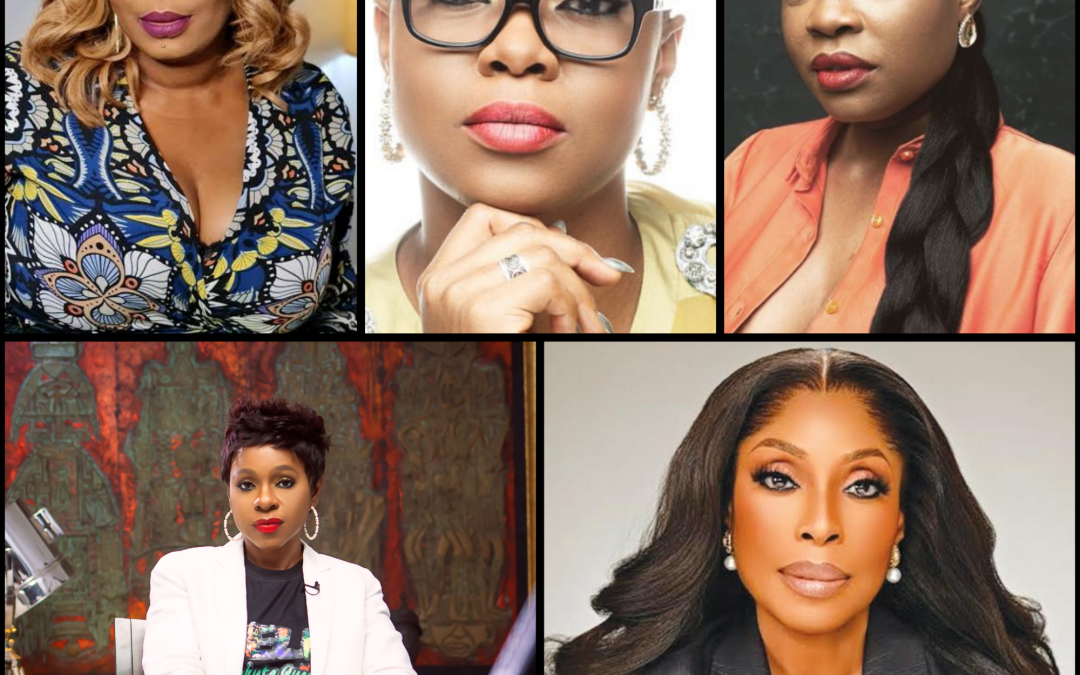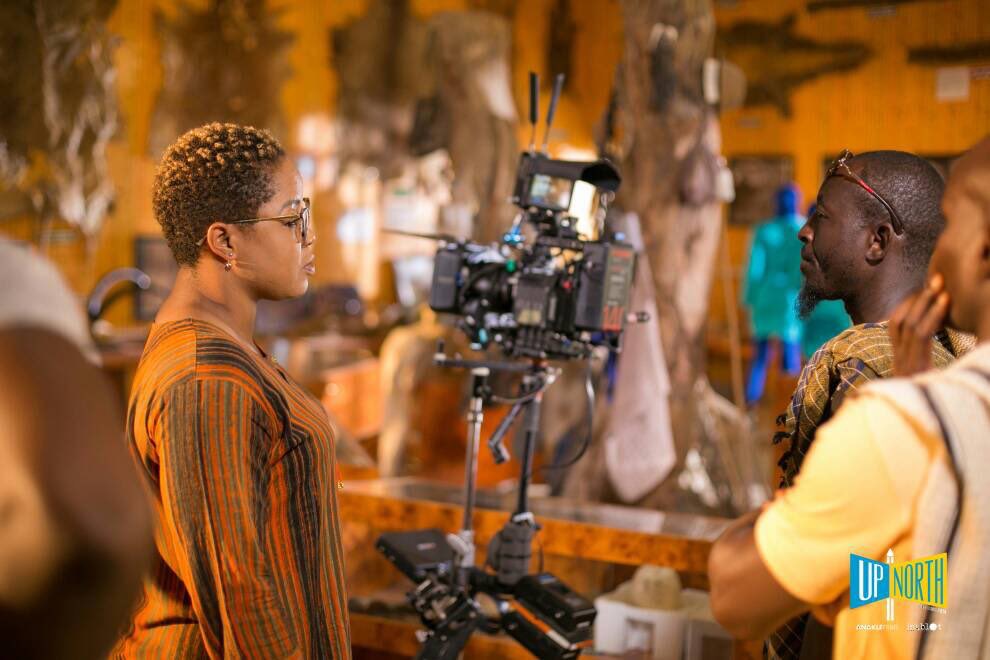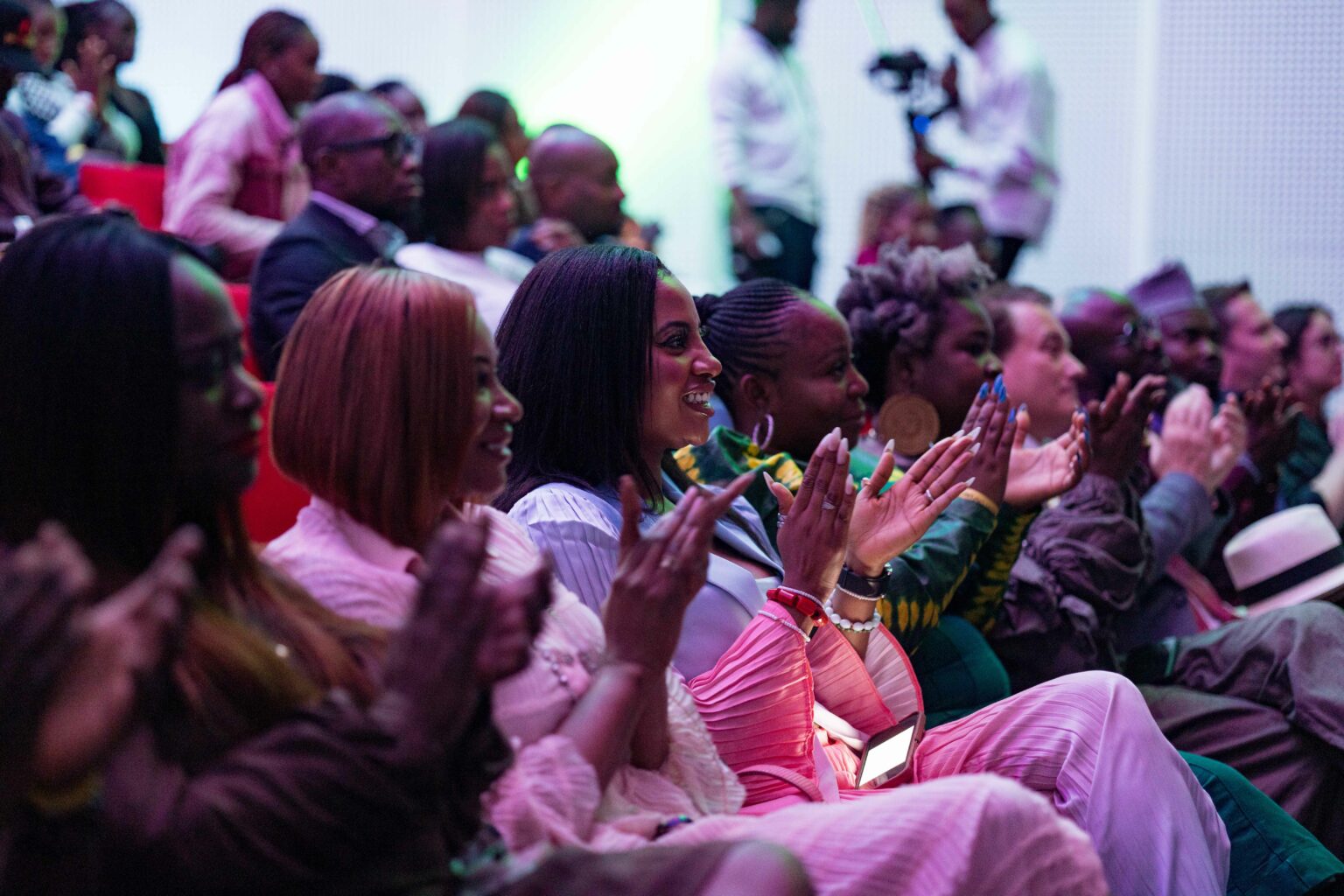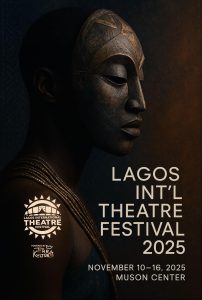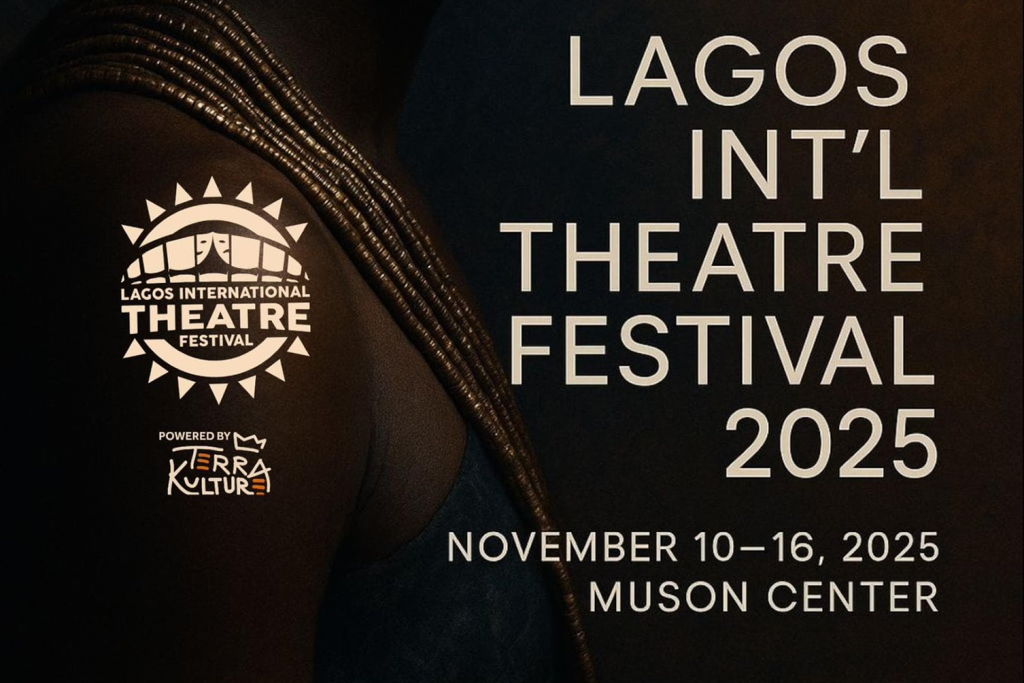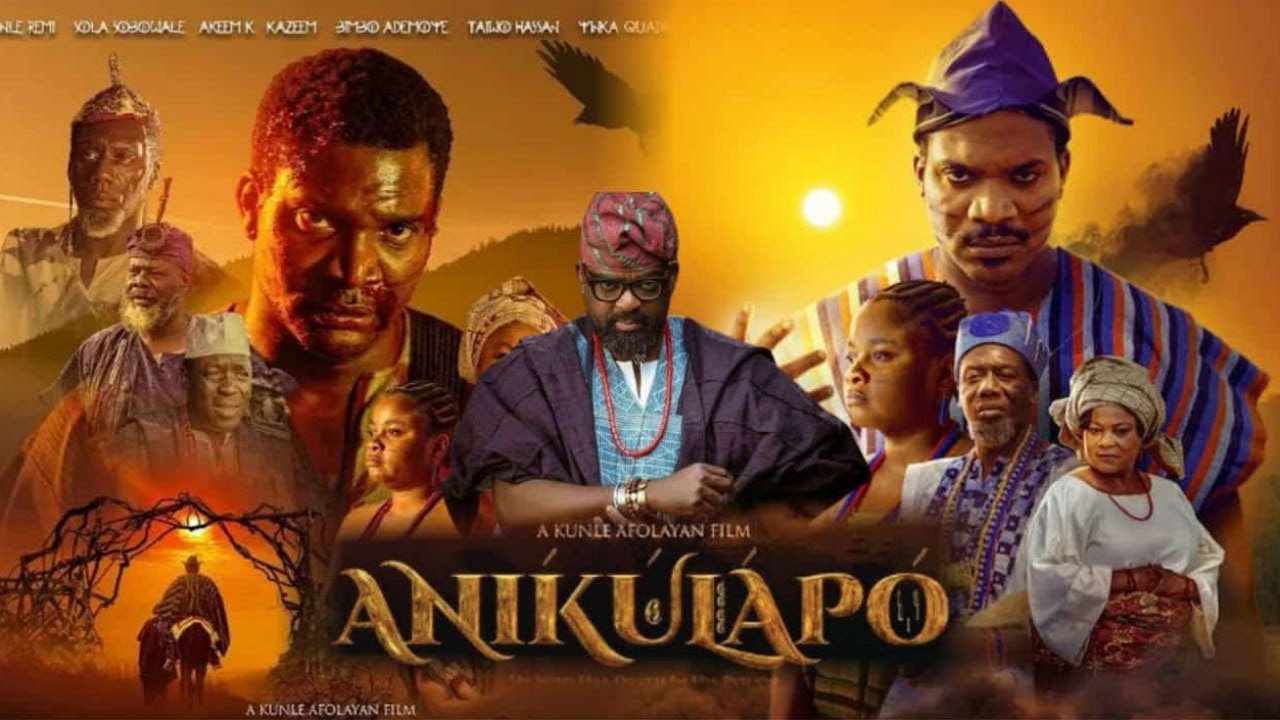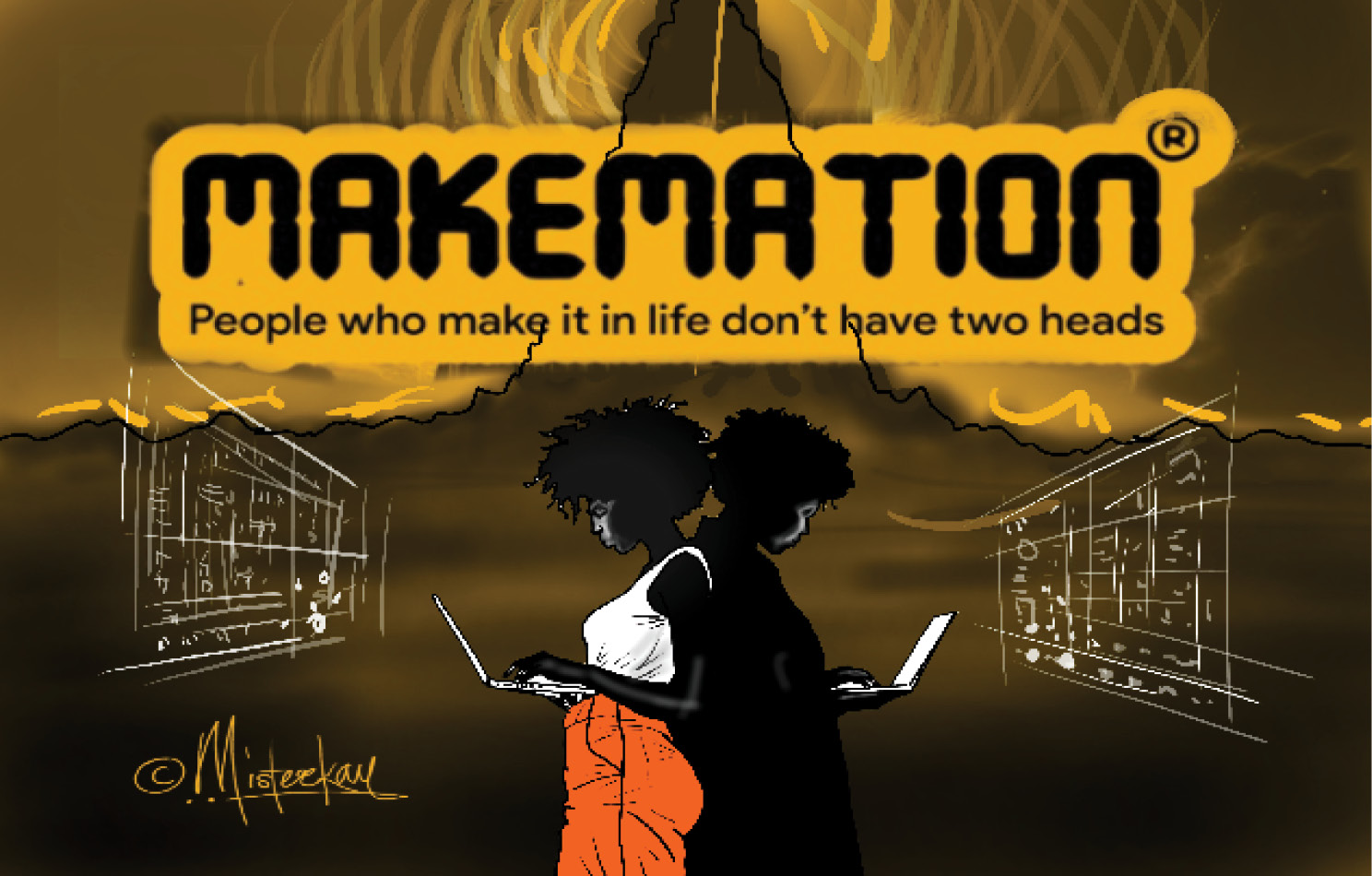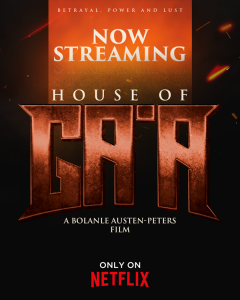Why this moment matters
Across Africa, film has always been more than entertainment. It’s a way of preserving culture, telling truths, and sparking conversations. In recent years, women have stepped more boldly into that space, not just appearing on screen but shaping what happens behind it. From South Africa to Kenya and Nigeria, more women are directing, producing, and writing stories that reflect real experiences and challenge the limits of old stereotypes. This wave is a prime example of Nigerian women redefining cinema in real time.
As African Business notes, the success of films written and directed by African women is having an astounding impact. Their unique voices offer fresh perspectives and insights into the female African experience, drawing from their own lived experiences and cultural backgrounds. This authenticity resonates with audiences
Pioneers who cleared the path
In Nigeria, this shift is even more striking. Nollywood, now the world’s second-largest film industry, was once dominated by men both on and off the set. Women were often cast in predictable roles, while men handled the cameras and scripts. But that picture has changed. Today, women are taking charge as directors, producers, and storytellers, and the results are reshaping Nollywood itself. As Stranger’s Guide points out, it’s one of the few global industries where women are increasingly making key decisions—and that has made all the difference.
Amaka Igwe — one of Nollywood’s earliest woman auteurs. Credit: allAfrica.
The new wave: directors and storytellers to watch
The journey has been paved by pioneers. Amaka Igwe was one of the first to show that women could lead from behind the camera. Her stories were bold, fresh, and unapologetically different, and she inspired a generation that followed. Tope Oshin built on that foundation, moving seamlessly between film and television with works that prove women can thrive in every corner of the industry. Then there’s Kemi Adetiba, whose King of Boys didn’t just succeed commercially but set a new standard for political thrillers in Nigeria. And Jade Osiberu, who gave us hits like Sugar Rush and Brotherhood, has shown how to combine box-office success with smart, layered storytelling.
Tope Oshin directing on set. Production Still Image Credit: Bella Naija.
Institutions and programs that widen access
Alongside them are fresh voices like Uyaiedu Ikpe-Etim, who takes on themes of gender and identity, and Bolanle Austen-Peters, whose work bridges stage and screen. These women are widening Nollywood’s lens, making room for once invisible perspectives. This wave is a prime example of Nigerian women redefining cinema in real time.
Global reach: festivals, streaming and audiences
And it’s not just personal grit. Institutions are opening doors, too. Canon has invested in training programs for female filmmakers, while MultiChoice has highlighted women who are breaking stereotypes and leading the way. This story is fully covered in an article published in. Together, these efforts are helping more women step into roles like cinematography and editing, spaces that were once closed off.
Nigerian films by women attracting global festivals and audiences. Image Credit: Bella Naija.
What this means for the next generation
Today, Nollywood women are telling stories that travel far beyond Nigeria’s borders, reaching global festivals and streaming platforms. Their work is proof that when women lead, cinema doesn’t just look different, it feels different. And as their voices grow louder, they’re not just shaping Nollywood’s future; they’re shaping the future of film itself.

